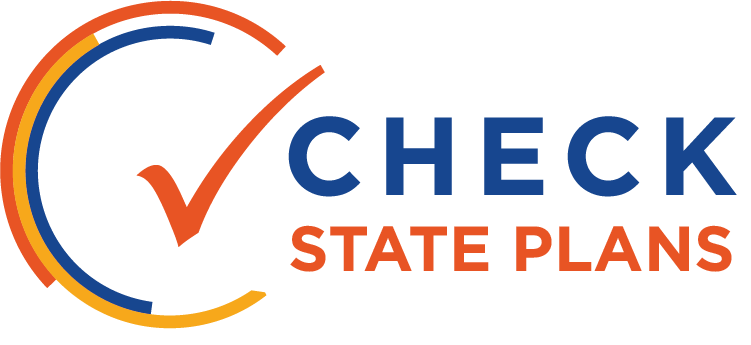Score:

Delaware has placed a large emphasis on student progress in its accountability system, giving growth a weight of 35 percent of the total.
Although it has given growth the largest single weighting of any measure, it’s not clear how Delaware is actually planning to measure growth. In different places in its submission, it mentions three different growth metrics — overall growth, growth to proficiency, and growth of the lowest- and highest-performing quartiles of students. It mentions that these are open conversations and that stakeholders have had trouble interpreting its past growth model calculations. All three of the models have strengths and weaknesses, but the state should be clear about why they’ve picked these models and how much each will be weighted.
Delaware’s plan is noteworthy for its relatively sophisticated model for tracking English learners’ progress in reaching full English language proficiency.
The plan has two components:
- As with most states in the WIDA consortium, Delaware sets each student’s individual English proficiency timeline according to his or her initial scores and subsequent progress – asking for faster progress from students who score higher.
- In addition, Delaware is allowing students to earn partial credit on their annual growth goals (or bonus credit for students who exceed targets).


